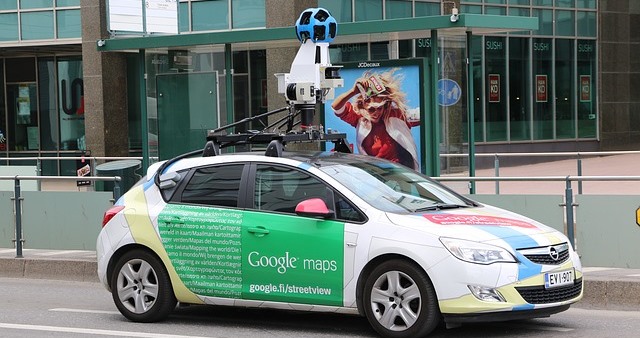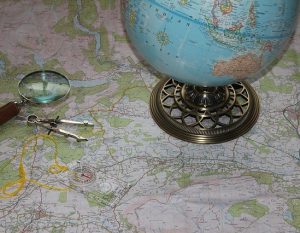Back in My Day: Maps Before Google
The satellite imagery and Google Earth have made every nook and cranny of the free world visible to all. It is very easy to get around if you get lost, or if you are visiting a city or an area for the first time. Finding restaurants, offices, monuments and the like, has never been easier. But at what cost? Let’s take a second to remember what life was like before Google Maps and the effect the technology has on our perception of the world.

Directions
There was a certain charm in getting lost. Actually, it was extremely troublesome, but, occasionally, it allowed for the traveler or tourist to discover a hidden gem in the area they were visiting. Having someone explain to you where the post office was was often a matter of using outdated terms for landmarks or using landmarks the person wasn’t familiar with.
For example, a middle-aged or older person would reference a building or an institution that no longer existed, while someone younger was inclined to bring up a festival or a new café. Now, taking directions is just a few clicks or swipes away.
Who Used to Make Maps?

Maps were made by cartographers and explorers, usually hired by royalty or a large company in order to examine the possible trading routes and resources that the country in question could make use of. Those maps were not precise enough to show the color of the car parked in front of your house, but they did list important landmarks, like rivers and mountains, as well as areas that might be dangerous.
Maps of cities, on the other hand, did not serve the purpose of helping a traveler not get lost. They were designed to display the glory, ingenuity, and practicality of the place. It was a display of power and culture.
Nowadays, maps will tell us where we can find the best food and whether the store chain nearby offers coupons. People have moved almost entirely to the urban areas. The wilderness has become even wilder than it used to be. Only, instead of seeing it as something exotic, as was the case just a few hundred years ago, we tend to look at the world outside these maps as something foreign and scary. Furthermore, fewer people are inclined to go anywhere where they can’t get decent 4G coverage.
Mindset
We have, paradoxically, become more and less connected with the world. We have the streets, monuments, and museums at the palm of our hand, yet it is this very comfort that dulls our sense of adventure and the desire to step outside of our comfort zone. Let us just hope that these consequences are not detrimental to our view of the world in the long run.

